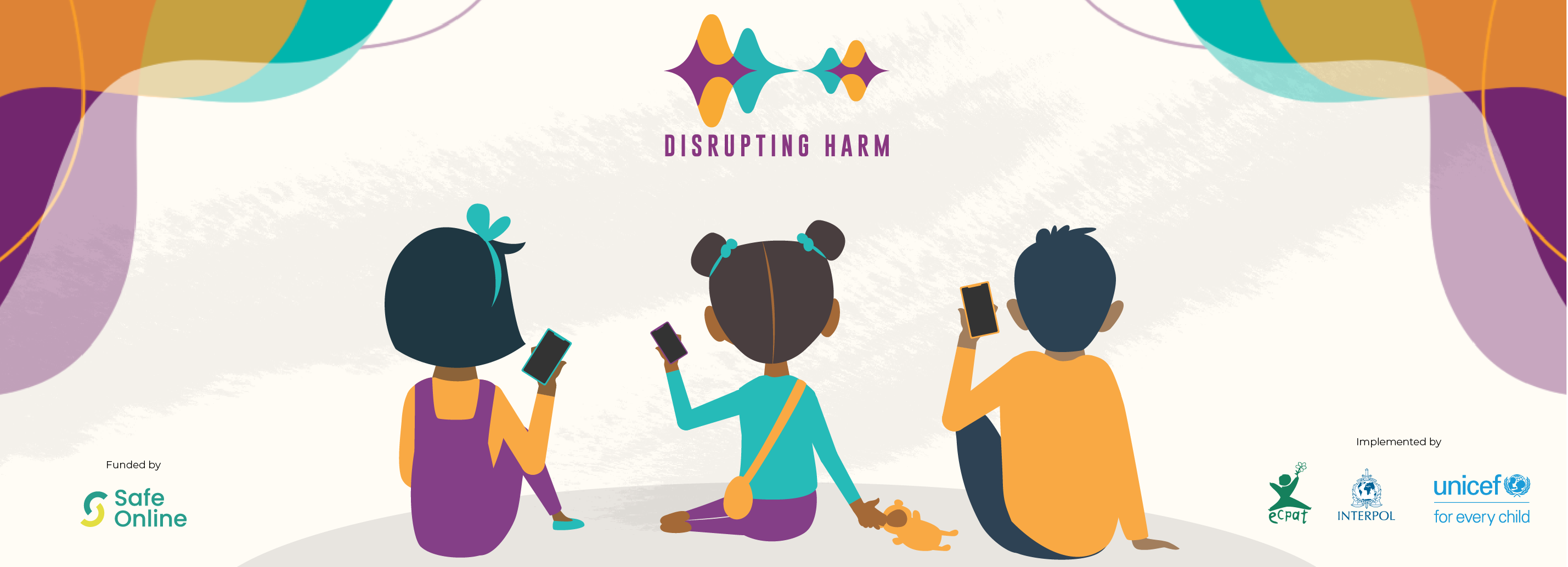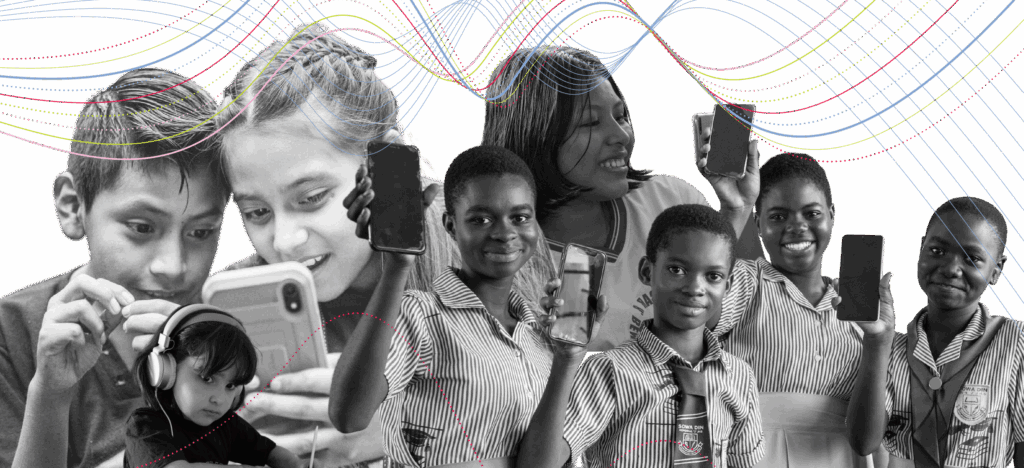
Leveraging the unique and comprehensive evidence gathered, Disrupting Harm identifies practical and actionable solutions to protect children from technology-facilitated child sexual abuse and exploitation (CSEA).
Disrupting Harm I was implemented in 13 countries across Eastern and Southern Africa. Here are reports that are now available: Cambodia, Ethiopia, Indonesia, Kenya, Malaysia, Mozambique, Namibia, Philippines, South Africa, Tanzania, Thailand, Uganda and Viet Nam
Reports from 12 new countries in Disrupting Harm II will be added as they become available: Armenia, Brazil, Colombia, Dominican Republic, Jordan, Mexico, Montenegro, Morocco, North Macedonia, Pakistan, Serbia and Tunisia.
Disrupting Harm in South Africa has highlighted a number of key areas regarding online CSEA:
Extensive data collection took place in South Africa from early 2020 to early 2021. Data analysis for South Africa was finalised in April 2022.
To ensure cutting-edge results from this research endeavour, advice was sought from global experts on the Disrupting Harm in South Africa findings and recommendations. Leveraging the unique and comprehensive evidence gathered, Disrupting Harm in South Africa identifies to protect children from sexual abuse and exploitation both online and offline in South Africa. The recommendations were discussed at national consultations on 21 June 2022.
ECPAT International – carried out 11 interviews with senior national duty-bearers; carried out a literature review prior to primary data collection which consisted of comprehensive analysis of the legislation, policy and systems addressing online CSEA in South Africa; carried out data collection from non-law enforcement stakeholders; carried out a survey with 49 client-facing frontline workers to explore the scope and context of online CSEA in South Africa; interviewed ten criminal justice professionals; and carried out one interview with a young survivor of online CSEA.
INTERPOL – collected and analysed both qualitative and quantitative data from national law enforcement agencies, relevant specialised units and partner organisations to measure the scope and nature of online CSEA; and conducted a qualitative assessment on the capacity of national law enforcement authorities to respond to online CSEA cases by interviewing serving officers.
UNICEF Office of Research – Innocenti – carried out a national representative household survey of 2,642 internet-using children aged 12–17 in South Africa. Additionally, 1,393 caregivers of the children surveyed were also included in the study.

Copyright Safe Online 2023 ©
All imagery is taken from the Safe Online and UNICEF image library


Weave Wellbeing is Safe Online’s initiative to raise a USD $100 million collaborative fund for children and adolescent mental health and safety in a digital age.
We are here to ensure every child and young person grows in to the digital world feeling safe, and is protected from harm.
We support, champion, and invest in innovative partners from the public, private, and third sectors working towards the same objective.
We believe in equipping guardians and young people with the skills to understand and see danger themselves once accessing digital experiences without supervision.